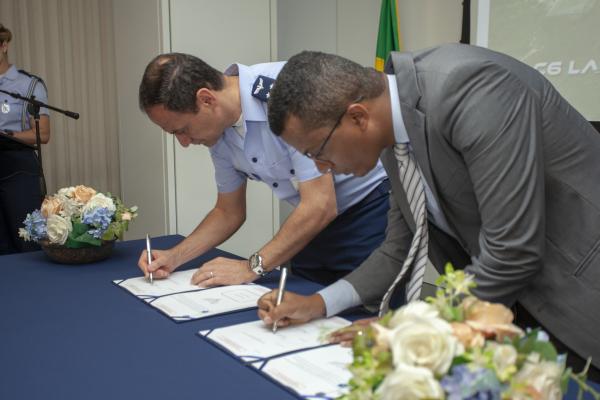By Joseph Ax and Steve Gorman
(Reuters) – All five people aboard a missing submersible have died in what appears to be a “catastrophic implosion”, a U.S. Coast Guard official said on Thursday, ending a widespread search for the Titan lost during a an expedition on the Titanic.
“These men were true explorers who shared a distinct spirit of adventure and a deep passion for exploring and protecting the world’s oceans,” OceanGate Expeditions said in a statement. “Our hearts go out to these five souls and all of their family members during this tragic time.”
An unmanned offshore robot from a Canadian ship discovered the wreckage of the submersible early Thursday morning about 488 meters from the bow of the Titanic, 4 km below the surface, said US Coast Guard Rear Admiral John Mauger , during a press conference.
“The debris field is consistent with a catastrophic vehicle implosion,” Mauger said.
The five people on board included 58-year-old British billionaire and explorer Hamish Harding; Pakistani-born business tycoon Shahzada Dawood, 48, and his son Suleman, 19, both British citizens; French oceanographer and Titanic expert Paul-Henri Nargeolet, 77, who has visited the wreck dozens of times; and American Stockton Rush, founder and CEO of OceanGate, who piloted the submersible.
Rescue teams from multiple countries have spent days scouring thousands of square miles of open water with planes and ships searching for any signs of the 6.7-meter Titan.
The submersible lost contact with its support vessel on Sunday morning about an hour and 45 minutes after what should have been a two-hour descent.
Mauger said it was too early to tell whether the ship’s breakdown happened then or later.
Detection of underwater sounds on Tuesday and Wednesday using sonobuoys dropped by Canadian planes gave brief hope that those aboard the submersible were alive and trying to communicate as they hit the hull.
But officials warned the sound analysis was inconclusive and the noises could not have come from the Titan.
“There doesn’t appear to be a relationship between the noises and the location of the debris field on the sea floor,” Mauger said Thursday.
The search grew increasingly desperate on Thursday, when around 96 hours of air supply was expected to run out if the Titan was still intact.
The Titanic, which sank in 1912 on its maiden voyage after hitting an iceberg killing more than 1,500 people, is about 1,450 km east of Cape Cod, Mass., and 400 km south of St. New Land.
The expedition to the wreck of the Titanic, which OceanGate has been operating since 2021, costs $250,000 per person, according to the OceanGate website.
(Report by Joseph Ax)

“Typical zombieaholic. General twitter fanatic. Food fanatic. Gamer. Unapologetic analyst.”






